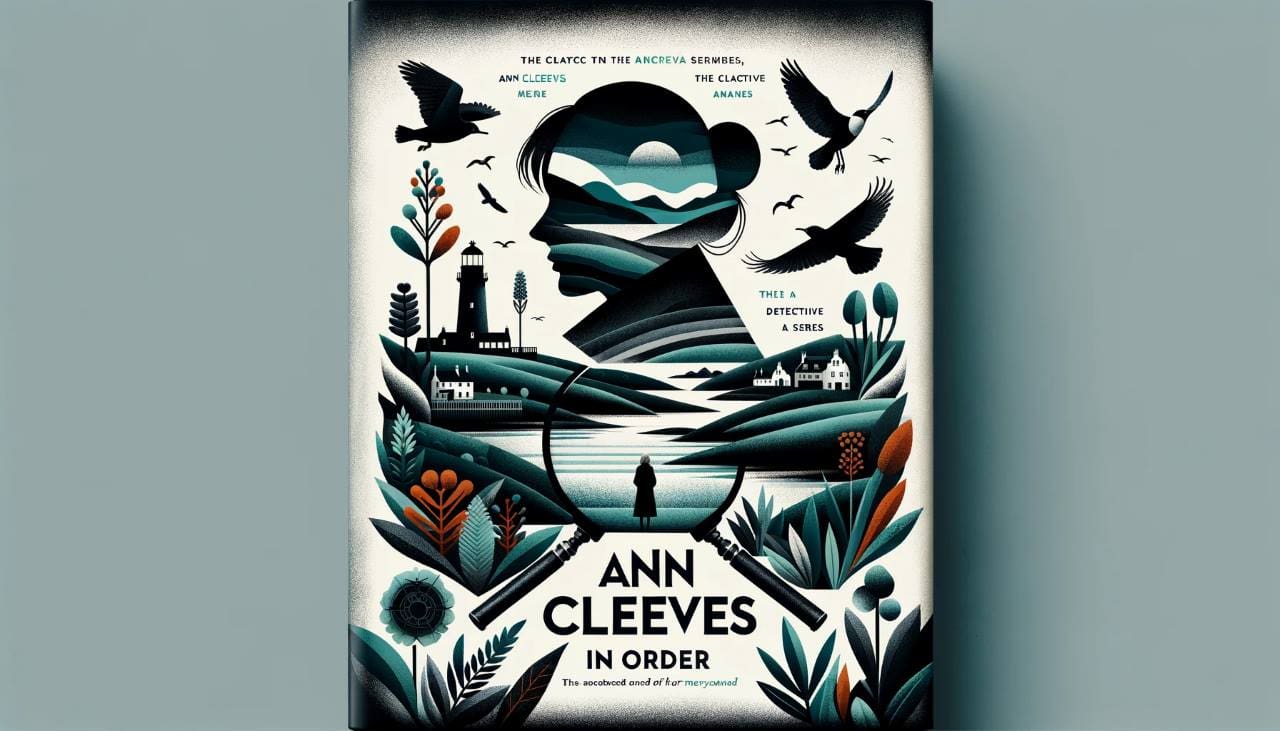
Fiction books encompass a vast array of genres, each with its own distinct style, themes, and storytelling approaches. From the sweeping epics of fantasy and the suspenseful twists of mystery and thriller novels, to the introspective narratives of literary fiction and the romantic escapades of romance novels, the world of fiction offers something for every reader.
These genres have captivated audiences for centuries, transporting them to realms of imagination, igniting their curiosity, and stirring their emotions. Whether it’s the magical worlds of Harry Potter, the psychological depths of “Crime and Punishment,” or the timeless love stories of Jane Austen, fiction books have the power to entertain, educate, and inspire, making them an enduring and beloved form of artistic expression.
While there can be overlap between genres, most fiction genres are defined by a set of common elements or conventions. These help set reader expectations and provide a familiar structure. Some key defining elements include:
Setting
Characters
Plot Drivers
Writing Style
By understanding these defining elements of setting, characters, plot, and style, readers can identify which genre might most appeal to their interests.
The world of fiction is vast, with numerous genres catering to diverse reader tastes and preferences. From fantastical realms to gritty mysteries, each genre offers a unique storytelling experience defined by its own set of conventions and elements.
| Genre | Defining Characteristics |
|---|---|
| Fantasy | Constructed fantasy worlds with intricate histories/rules, presence of magic/supernatural, mythical races (elves, dwarves, etc.), heroic quests, battles between good and evil forces |
| Science Fiction | Stories set in the future or alternate universes, speculative science/technology (robots, aliens, time travel), space exploration, examining societal impacts of innovations |
| Mystery | Plots revolving around crimes that need to be solved, amateur/professional detective protagonists, clues/red herrings, suspenseful reveals of the culprit’s identity |
| Thriller/Suspense | Fast-paced, tension-filled stories, high-stakes conflicts (conspiracies, crimes, dangerous pursuits), psychological examinations of characters’ obsessions/fears |
| Historical Fiction | Narratives set in the past with authentic period detail, real historical events/figures, transporting readers to another era with cultural insight |
| Literary Fiction | Character-driven introspective narratives, beautiful/metaphorical prose, exploring profound human themes (love, morality, self-discovery), philosophical questions |
| Romance | Centering on romantic relationships as core storyline, emotional love stories, intimate character perspectives, challenges lovers face to be together |
| Horror | Fear-provoking premises (supernatural, violence, evil), graphic descriptions evoking dread/disgust, exploring nightmarish scenarios, examinations of darkness |
Whether it’s getting lost in richly-imagined fantasy realms, unraveling complex mysteries, exploring humanity’s profoundest questions through literary prose, or experiencing heart-pounding thrills and suspense, the genres of fiction provide an incredible range of storytelling experiences to entertain and enlighten readers.
While the main fiction genres like fantasy, mystery, and romance have overarching defining characteristics, many also contain more specialized subgenres within them. Subgenres take the core elements of the parent genre but filter the stories through an even more specific lens or set of conventions.
For example, within the fantasy genre, there are popular subgenres like epic/high fantasy (Lord of the Rings), urban fantasy (The Dresden Files), and fantasy romance (A Court of Thorns and Roses). The mystery genre contains subgenres like cozy mysteries, police procedurals, and locked-room mysteries. Subgenres of romance include contemporary romance, historical romance, and romantic suspense.
Subgenres allow authors to explore certain settings, characters, plots, or styles in finer detail catered to targeted audiences. They provide extra guideposts for readers regarding the specific types of stories and nuances they can expect within a given genre. While still adhering to some of the core genre conventions, subgenres offer a way to creatively branch out into more specialized narratives and themes to satisfy diverse reader interests.
| Genre | Notable Authors | Notable Books |
|---|---|---|
| Fantasy | J.R.R. Tolkien, J.K. Rowling, George R.R. Martin | The Lord of the Rings, Harry Potter series, A Game of Thrones |
| Science Fiction | Frank Herbert, Isaac Asimov, Andy Weir | Dune, Foundation series, The Martian |
| Mystery | Agatha Christie, Arthur Conan Doyle, Stieg Larsson | And Then There Were None, Sherlock Holmes, The Girl with the Dragon Tattoo |
| Thriller/Suspense | Dan Brown, Gillian Flynn, Thomas Harris | The Da Vinci Code, Gone Girl, The Silence of the Lambs |
| Historical Fiction | Hilary Mantel, Colson Whitehead, Khaled Hosseini | Wolf Hall, The Underground Railroad, The Kite Runner |
| Literary Fiction | Toni Morrison, Gabriel García Márquez, Kazuo Ishiguro | Beloved, One Hundred Years of Solitude, The Remains of the Day |
| Romance | Nora Roberts, Nicholas Sparks, Jane Austen | The Bride Quartet, The Notebook, Pride and Prejudice |
| Horror | Stephen King, Shirley Jackson, Bram Stoker | The Shining, The Haunting of Hill House, Dracula |
The genre of a fiction book plays a pivotal role in shaping its storytelling style, plot, characters, and settings. Each genre carries its own conventions and reader expectations that authors must consider.
For example, fantasy novels often have a rich, descriptive style portraying imaginary worlds, with plots revolving around epic quests or good vs. evil conflicts and protagonists as heroic figures with special abilities. Mystery stories tend to have a more straightforward narrative focused on solving a crime, with main characters as detectives or amateur sleuths. Genres also guide the selection of settings – fantasy takes place in entirely fictional realms, while historical fiction meticulously recreates specific eras from the past. Thrillers frequently use contemporary settings to ground their tension-filled plots in realism. By understanding genre conventions, authors can craft stories aligning with reader expectations while allowing creative expression.